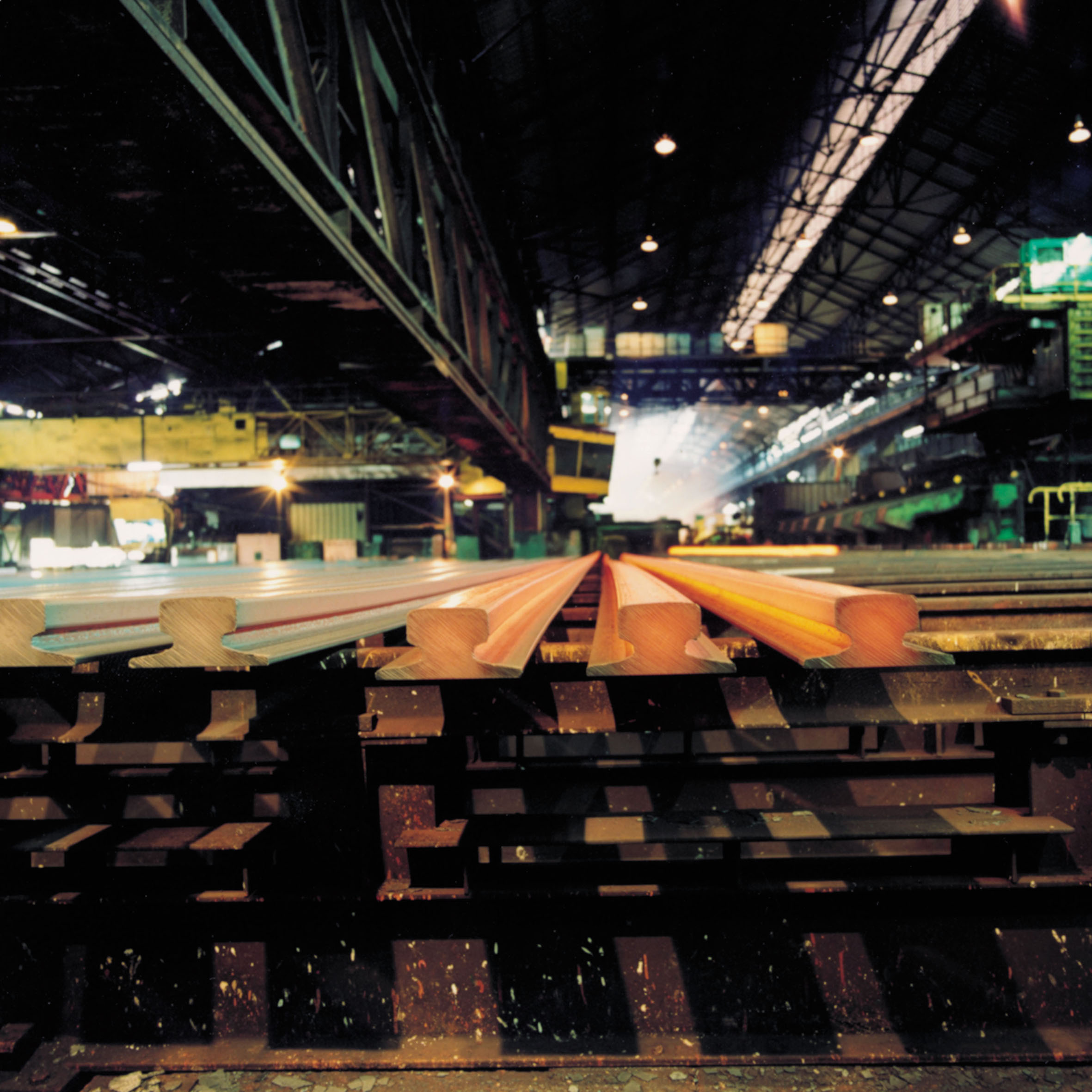Rail and road construction investment outlays are at record levels in Poland, but there is some concern over receiving EU funding and the longer-term outlook for projects in these sectors. Residential construction has meanwhile slowed notably, but the development of the nascent private rented sector in Poland may support a recovery, panellists said at an industry event on Tuesday.
General Directorate for National Roads and Motorways (GDDKiA) head Tomasz Żuchowski admitted many people think more work could be done on the roads, but Poland is at the limit of its capability with PLN 15 billion ($3.6 billion) of investments each year. This makes it the largest construction site in Europe.
Polish rail operator PKP has meanwhile issued a host of tenders but cannot complete many projects as it does not yet have the certainty of receiving funds in the next EU funding round, its investment director Arnold Brensch said at the European Economic Congress in Katowice attended by Kallanish. The firm has PLN 40 billion of active orders in hand, the “apogee of the largest Polish rail investment period in history”, he added.
Residential construction is meanwhile dragging. The market has seen multiple Black Swan events in the last three years that have hampered activity, observed Wojciech Caruk, chief executive of PFR Nieruchomości, the housing development arm of the state-owned Polish Development Fund (PFR). Building permit issuance is falling, while existing projects are being completed. Financing is meanwhile an issue, with residential mortgages becoming significantly more costly.
Cezary Łysenko, board member at construction contractor Budimex, added that firms are looking at opportunities in the energy infrastructure sector, with economies undergoing the energy transition. However, he added that while the rail project portfolio looks good today, they need the certainty of having projects 5-10 years in advance, which is not the case at present.
Anna Glanowska-Szpor of ING Bank Śląski agreed that green energy investments will play a significant role in construction going forward, while the private rented sector could be an antidote for the ailing residential construction sector. Housing ownership for the purpose of renting out is a relatively new concept in Poland.
When pressed on concerns over EU funds, Polish member of parliament Jerzy Polaczek said: “I cannot imagine that these funds will not materialise. There is continuous dialogue between the government and EU Commission.”
Łysenko concluded by pointing out that although construction material prices, including steel, have stabilised after surging last year, that does not mean they are favourable for contractors. They are 3-4 times higher than they were when construction project contracts were signed 2-3 years ago, he observed. Moreover, the construction project approval backlog has grown considerably in the last six months.
Adam Smith, Poland






